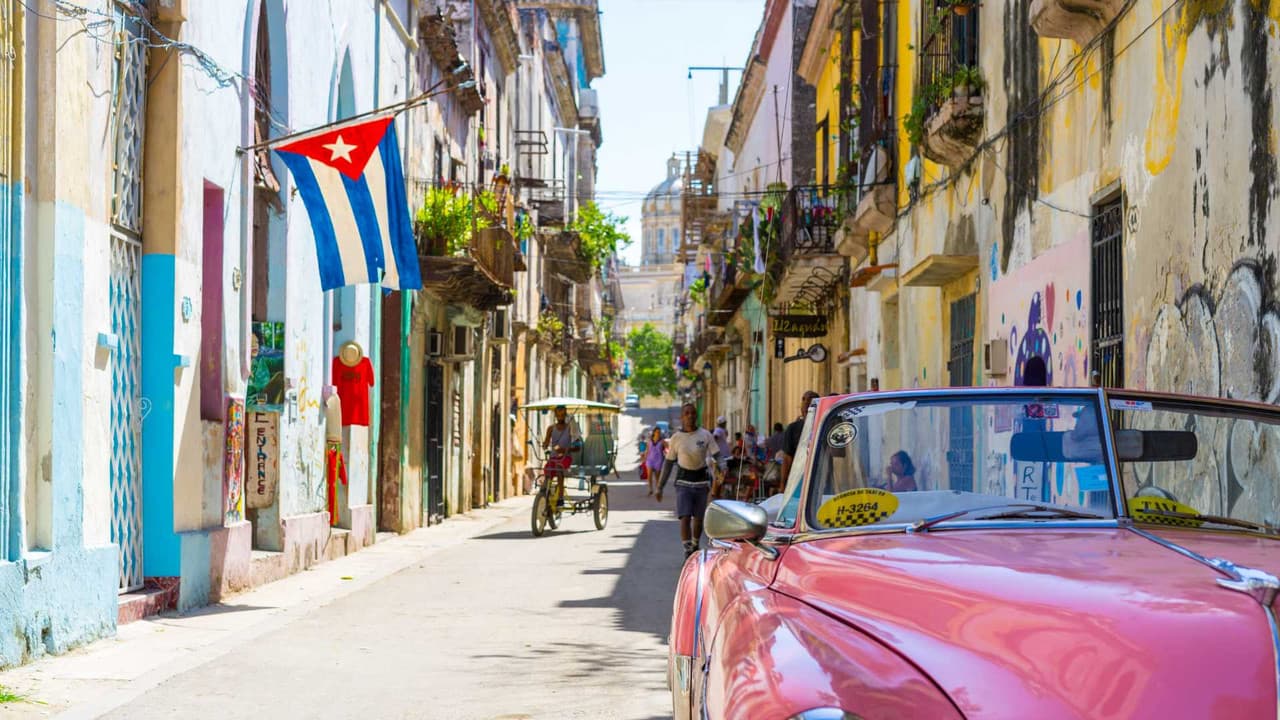Cuba has established a comprehensive framework of labor laws designed to protect the rights and welfare of its workforce. These regulations govern various aspects of the employment relationship, from hiring practices and working conditions to termination procedures and dispute resolution. Understanding and adhering to these legal requirements is essential for any entity employing workers in the country.
The legal protections aim to ensure fair treatment, safe working environments, and equitable terms of employment for all employees. This includes provisions related to job security, non-discrimination, health and safety standards, and mechanisms for resolving workplace conflicts, reflecting the state's commitment to labor rights.
Termination Rights and Procedures
Employment relationships in Cuba are generally stable, and termination is typically permitted only under specific, legally defined circumstances. These grounds often relate to serious misconduct by the employee, significant changes in the workplace structure, or other justified reasons as stipulated by law. Employers must follow prescribed procedures, which often involve consultation with the relevant trade union or labor authority.
Notice periods are required before terminating an employment contract, unless the termination is for serious disciplinary reasons. The specific notice period can depend on factors such as the employee's tenure with the company.
| Employee Tenure | Minimum Notice Period |
|---|---|
| Less than 1 year | [Specific period] |
| 1 to 5 years | [Specific period] |
| More than 5 years | [Specific period] |
Note: Specific notice periods are subject to current labor regulations and may vary.
Employees who believe their termination was unjustifiable have the right to challenge the decision through established dispute resolution mechanisms.
Anti-Discrimination Laws and Enforcement
Cuban labor law prohibits discrimination in employment based on several protected characteristics. This protection extends to all stages of the employment relationship, including recruitment, hiring, training, promotion, compensation, and termination.
Key protected classes typically include:
- Race
- Color
- Sex/Gender
- Religion
- National origin
- Age
- Disability
Enforcement of anti-discrimination laws is primarily handled through the labor inspection system and the labor courts. Employees who experience discrimination can file complaints with the relevant authorities or initiate legal proceedings to seek redress. Employers are required to ensure equal opportunities and prevent discriminatory practices within the workplace.
Working Conditions Standards and Regulations
Labor regulations in Cuba establish standards for working hours, rest periods, holidays, and leave entitlements. The standard workweek is typically defined, with provisions for overtime work and corresponding compensation.
Key standards include:
- Standard Workday: Generally 8 hours.
- Standard Workweek: Typically 44 hours, spread over 5 or 6 days.
- Overtime: Regulated, often requiring higher pay rates or compensatory time off.
- Daily Rest: Minimum rest period between working days.
- Weekly Rest: At least one full day of rest per week, usually Sunday.
- Annual Leave: Employees are entitled to paid annual leave, the duration of which often increases with tenure.
- Public Holidays: Employees are entitled to paid leave on official public holidays.
- Sick Leave: Provisions for paid sick leave are in place, subject to medical certification.
- Maternity Leave: Comprehensive maternity leave benefits are provided.
These regulations aim to ensure that employees have adequate rest and time off, contributing to their well-being and productivity.
Workplace Health and Safety Requirements
Employers in Cuba have a legal obligation to provide a safe and healthy working environment for their employees. This includes identifying and mitigating risks, providing necessary safety equipment, and implementing preventative measures to avoid accidents and occupational illnesses.
Employer responsibilities typically involve:
- Conducting risk assessments of the workplace.
- Implementing safety protocols and procedures.
- Providing appropriate personal protective equipment (PPE).
- Ensuring machinery and equipment are safe and well-maintained.
- Providing health and safety training to employees.
- Maintaining records of workplace accidents and incidents.
- Complying with specific industry safety standards.
Labor inspectors are responsible for monitoring compliance with health and safety regulations and can impose penalties for violations. Employees also have a duty to follow safety rules and report hazards.
Dispute Resolution Mechanisms
When workplace issues or conflicts arise, Cuban labor law provides mechanisms for their resolution. The process typically begins at the workplace level, often involving direct discussion between the employee and employer, and potentially the involvement of the workplace trade union representative.
If a resolution cannot be reached internally, the dispute can be escalated. Common avenues for dispute resolution include:
- Workplace Labor Councils: Internal bodies that may handle initial disputes.
- Trade Union Involvement: Unions play a significant role in representing employees and mediating disputes.
- Labor Authorities: Government labor inspectorates or ministries may intervene or provide guidance.
- Labor Courts: Formal judicial bodies that hear and rule on unresolved labor disputes, such as cases of alleged unfair dismissal or discrimination.
Employees have the right to seek recourse through these channels if they believe their rights have been violated, ensuring a formal process for addressing grievances and enforcing labor laws.
Employ top talent in Cuba through our Employer of Record service
Book a call with our EOR experts to learn more about how we can help you in Cuba







Book a call with our EOR experts to learn more about how we can help you in Cuba.
Trusted by more than 1000 companies around the globe



